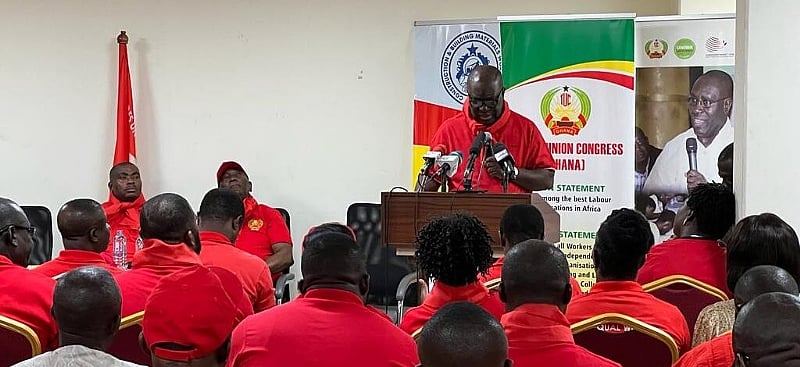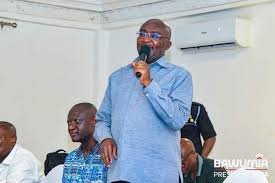The government has announced the suspension of the implementation of the 15 percent value-added tax (VAT) on electricity consumption.
The Ministry of Finance said in a statement copied to the media on Wednesday, February 7, that the suspension was to allow for further engagements with key stakeholders, including organized labor.
The statement said the Ministry expects that these engagements will birth innovative, robust, and inclusive approaches to bridging the existing fiscal gap while bolstering economic resilience.
This means that power consumers will no longer be required to pay the controversial 15% VAT on top of their bills.
Over the weekend, sources close to the government disclosed that the cabinet, at a meeting held on February 2, 2024, decided to shelve the idea.
The government has also agreed to initiate a conversation with the International Monetary Fund (IMF) to come to a consensus on how it can make up for the revenue shortfall occasioned by the decision to drop the VAT on electricity policy through additional spending cuts.
The proposal to charge 15% VAT on electricity, though previously approved by the cabinet and by Parliament, has led to a serious rethink and the decision to reverse it.
Some leading members of the ruling NPP, including its National Organizer, Henry Nana Boakye and the former National Organizer, Sammy Awuku, also raised concerns over the intended introduction of the proposed VAT on electricity and urged the executive to reconsider its decision.
Organized labour last Friday decided to hold a nationwide demonstration next week to push the government to withdraw the directive to the Electricity Company of Ghana (ECG) and Northern Electricity Distribution Company (NEDCo) to implement a 15% VAT charge on residential electricity consumption.
Now that the government has suspended the proposed VAT, it remains to be seen whether or not the TUC and other allied bodies will call off their intended strike action.
As of yesterday, the TUC said the government has yet to officially communicate any withdrawal or include it in discussions about introducing a 15% value-added tax (VAT) on electricity use. To that end, the union’s scheduled strike on February 13, 2024, remains in effect, according to Mr. Joshua Ansah, Deputy Secretary General of the TUC, on Wednesday.
Mr. Ansah urged the government to look into other revenue mobilization mechanisms rather than taxation, which he said often impacted individuals and businesses in the country.
Mr. Ansah suggested that the government implement effective policies to plug loopholes in public spending, create smarter and friendlier revenue-collecting structures, and review tax exemption regimes.
The Ministry of Finance had instructed the Electricity Company of Ghana (ECG) and Northern Electricity Distribution Company (NEDCO) to begin implementing a 15 percent VAT on power consumption from January 1, 2024.
The tax was to be levied on residential customers who used more electricity than the maximum level allowed for block charges for lifeline units.
Following considerable agitation, the Ministry of Finance announced on January 30 that the government would have “extensive dialogue” with organized labor and other key stakeholders in the following weeks to ensure buy-in for the introduction of a 15 percent electricity VAT.












